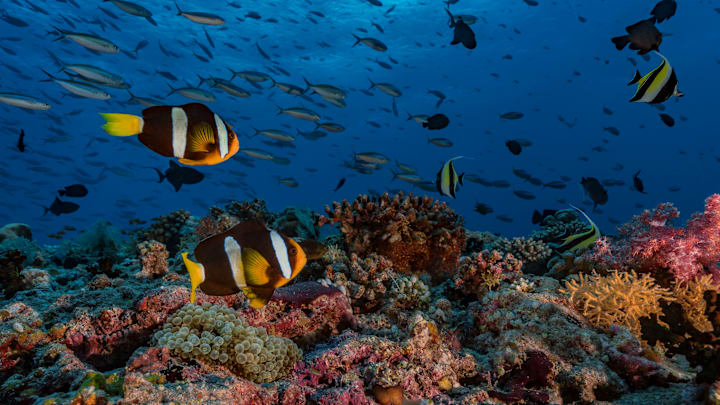The Importance of Preserving Biodiversity

Biodiversity, the variety of life on Earth, is essential for the health of our planet and the survival of all species, including humans. It encompasses the diversity of ecosystems, species, and genetic material that make up the natural world. Preserving biodiversity is crucial not only for maintaining the balance of ecosystems but also for ensuring the continued availability of the resources and services that humans rely on.
One of the most important reasons to preserve biodiversity is its role in ecosystem stability. Each species plays a unique role in its ecosystem, contributing to processes such as pollination, nutrient cycling, and pest control. The loss of even a single species can disrupt these processes, leading to cascading effects that can destabilize entire ecosystems. For example, the decline of pollinators like bees and butterflies can lead to reduced crop yields, affecting food security and the economy.
Biodiversity also provides us with a wealth of resources that are essential for human survival. Many of the foods, medicines, and materials we use every day come from diverse species of plants, animals, and microorganisms. For instance, many modern medicines are derived from compounds found in plants and animals, and the loss of species could mean the loss of potential treatments for diseases. Additionally, healthy ecosystems provide services such as clean air and water, fertile soil, and climate regulation, all of which are critical for human well-being.
Preserving biodiversity is also important for cultural and recreational reasons. Many communities around the world have deep cultural connections to the natural world, relying on it for their traditions, spiritual practices, and livelihoods. Additionally, nature provides opportunities for recreation, tourism, and education, offering people the chance to connect with the environment and learn about the incredible diversity of life on Earth.
Despite its importance, biodiversity is under threat from human activities such as deforestation, pollution, climate change, and overexploitation of natural resources. To preserve biodiversity, it’s essential to take action at both the individual and collective levels. This includes supporting conservation efforts, protecting natural habitats, reducing our ecological footprint, and promoting sustainable practices.
In conclusion, biodiversity is the foundation of life on Earth, supporting the health and resilience of ecosystems and providing essential resources for humans. By taking steps to preserve biodiversity, we can help ensure a healthy and sustainable future for all species.